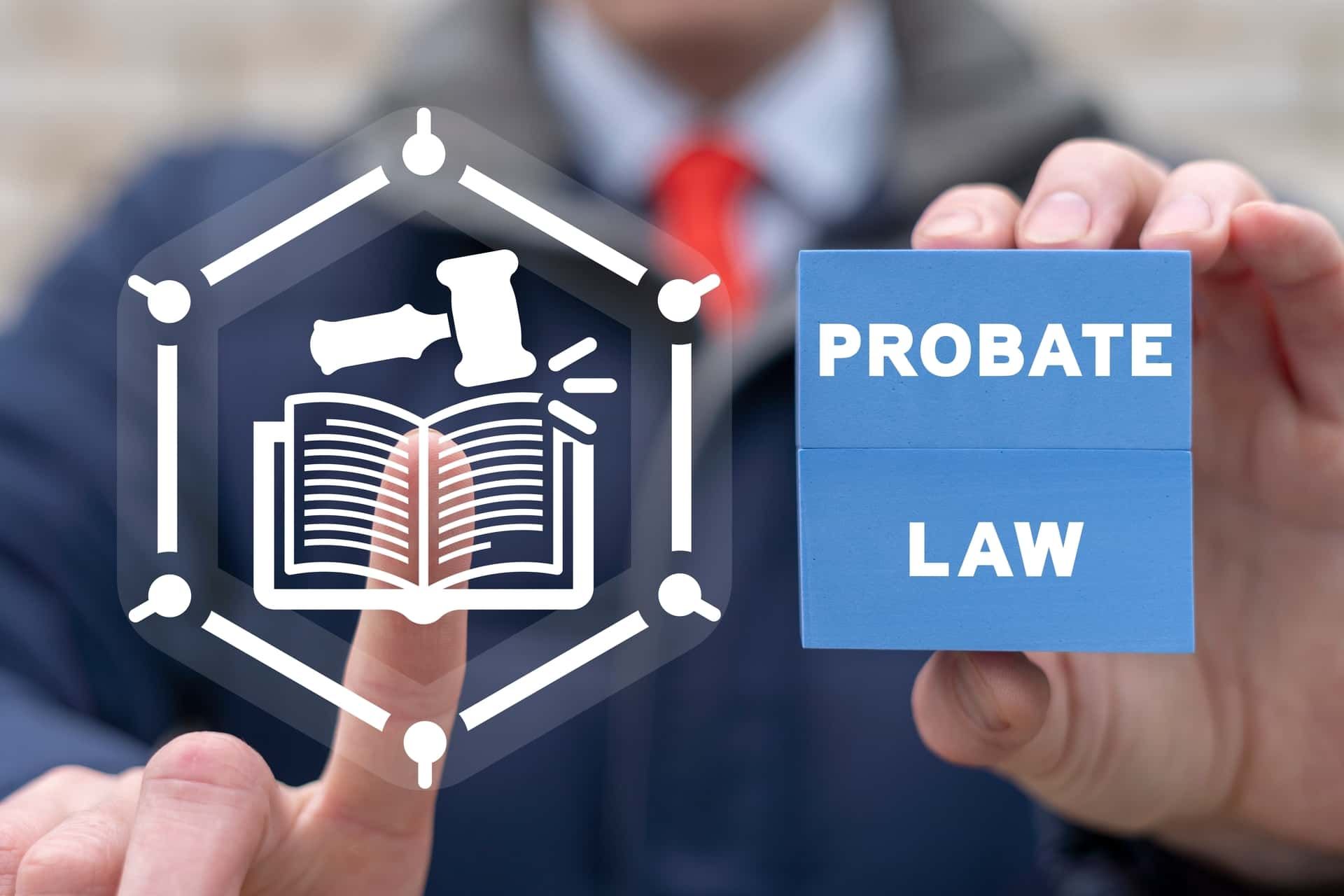New Tax Law Takes Aim At Injury Settlements
For those hurt seriously after being involved in a accident or through the actions or negligence of another, they may be entitled to financial compensation to help move forward after having their lives disrupted. In most cases this is done through a civil lawsuit which can result in either resolution through mediation, or litigation in court with a juried trial. The outcome of such lawsuits can widely vary but, in severe cases the monetary award given can be significant, in some cases resulting in millions of dollars to the injured party. While no amount of money can replace a life altered by severe injuries or death, having the financial security to cover expenses over time is essential for the injured and the family members who’s lives have been altered. However just as with other financial windfalls, tax law must considered by the settlement winner to avoid any problems with the IRS.
Tax Laws And Injury Settlements
So with a large financial award, it would be easy to simply accept the money and move on, however there may be taxes associated with a settlement or verdict depending on the type of award.
Compensatory Vs. Punitive
In many cases where the client has suffered a sever physical injury from auto accident, slip and fall, work accident, or being harmed by a defective product, the injuries awarded are solely to compensate the victim for the harm done to them. These kinds of awards are know as compensatory damages, Compensatory damages are not just for physical injury and are often also awarded for pain and suffering, mental anguish, and mental health issues that can arise after being severely hurt. Compensatory awards are usually tax-free allowing the injured party to make full-use of their award.
However in some cases another kind of award is ruled. If a court decides not only to compensate the victim for their injury, but also to punish the negligent party for their actions that led to the plaintiff being harmed, the court may also award more money to the injured party. These kinds of awards are called punitive damages , and punitive damages are taxable, and we encourage anyone who has been awarded money for punitive damages to consult an experienced tax attorney to avoid IRS problems.
So in summary compensatory damages are tax-free, and putative damages are taxable – or that used to be the the case, but a new law now muddies the water.
Changes To Tax Law Now Make Some Compensatory Awards Taxable
Under new rules adopted by congress, they have changed what is allowed for a tax-free compensatory award. The new law states that to stay tax-free, the award must be for injuries that are physical. If the plaintiff is experiencing emotional and mental issues as a result of the case, but not overtly physical ones, then the award is now taxable even though it is compensatory.
A New Grey Area
However often injury cases are complex, and there is more to it. For example, if the plaintiff has experienced serious emotional distress, and that distress has been shown to cause physical harm, than once again the award may be tax free. In cases of traumatic brain injury, often the symptoms that result from TBI can look a lot like emotional distress, however they are actually the result of micro-injuries in the brain. In such cases a highly experienced personal injury law firm should be retained, as the lawyers will need access to advanced medial diagnostic equipment and testimony of medical professionals to obtain the evidence needed to prove the plaintiff’s case.
The final factor affecting possible tax liability after receiving an award for damages is how your case was represented. Most personal injury lawyers operate on a contingency fee basis – meaning, you only pay a fee to the law firm if you win your case. In this situation your tax liability will be for the total amount awarded – not what you receive after the law firm has received it’s fee.
With the new law creating a large grey area for many injury lawsuits, we recommend to our clients that they consult an experienced tax attorney immediately after they have won their case to be absolutely sure they do not unknowingly get into trouble with the IRS.
=============================================================================================
About The Author:
A managing partner of Goldman Babboni Fernandez & Walsh, Bernard Walsh is an AV Rated Attorney, and has earned a Superb Rating by AVVO. Bernard Walsh is a Board Member of the Florida Justice Association, The National Trial Lawyers and the Association of Plaintiff Interstate Trucking Lawyers of America (APITLA). Bernard Walsh is also the founder and president of the Manasota Trial Lawyers Board. Bernard Walsh represents clients across southwest Florida for serious personal injury cases from his office in Bradenton, Florida.
Disclaimer: The information on this website and blog is for general informational purposes only and is not professional advice. We make no guarantees of accuracy or completeness. We disclaim all liability for errors, omissions, or reliance on this content. Always consult a qualified professional for specific guidance.
RECENT POSTS
CONTACT US






